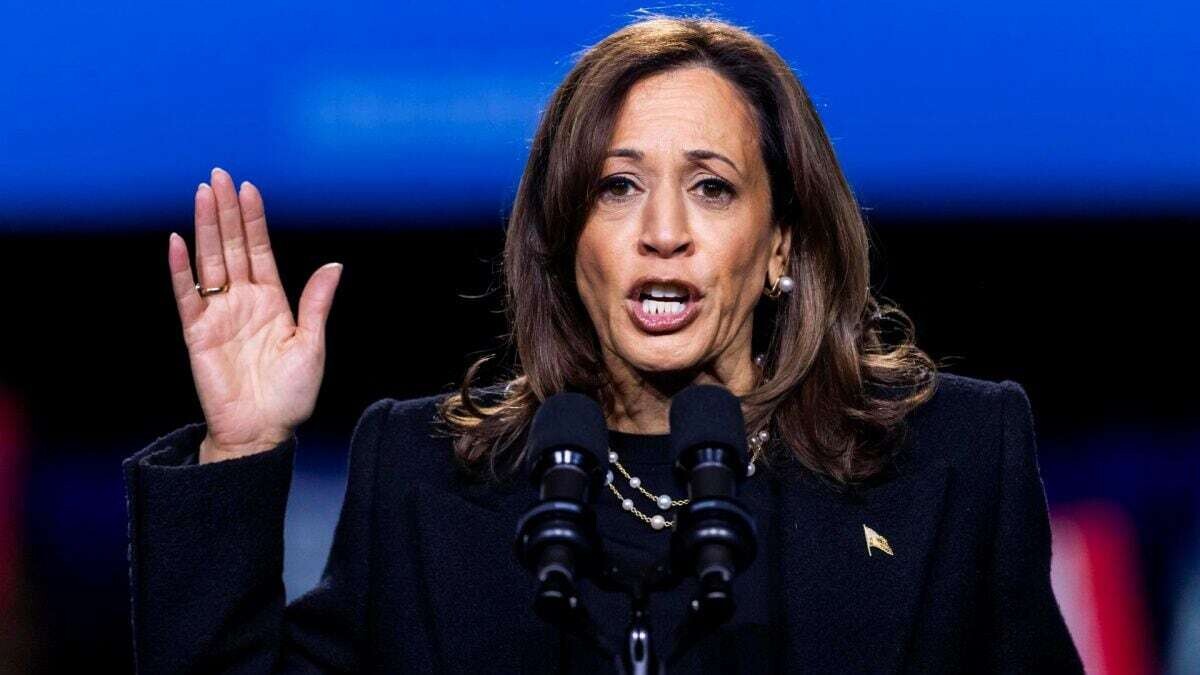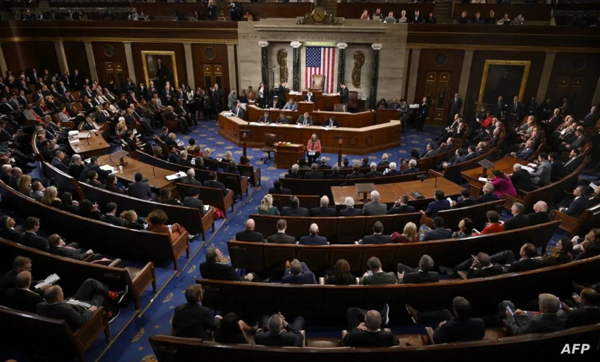
Joe Biden, resentful for the treatment Obama gave him as vice president, jumped ahead and set the stage to give the nomination to Kamala, despite the fact that he also did not get along with his vice president. The truth is that even if the party had been united, it has been losing its social base for years. Absurd proposals such as cutting budgets for the police and the Border Patrol, when crime and illegal immigration are rising, have divorced them from the majority. Very poorly, Joe Biden barely managed to surpass Trump in 2020 with a moderate platform that regained some groups that had supported Obama.
Pelosi and Obama, each on their own, sought for Joe Biden to withdraw from re-election for the past two years. When Hillary Clinton won, he declared neutrality and also did not support Barack Obama until he already had the nomination tied up. Because, in addition, many of his moderate allies abandoned him when he decided to play with the progressives, strong within the party, but with little recognition from the general electorate. And not to mention his wavering and changing immigration policy, which became a campaign issue for his opponent. His mental health problems were just the cherry on top of an erratic presidency.
The demands from bureaucrats, teachers, and professionals were very heterogeneous and difficult to reconcile. Hollywood began to support candidates outside the state and clashed with the party bosses from the rest of the country, who in turn could not meddle in California. On the other hand, Democratic leadership grew older. More than Kamala Harris's mistakes, the main culprits for last week's defeat were her party and the current president. The divisions within the Democratic Party have only deepened.
As Bernie Sanders just stated, they long ago abandoned the working class and became a party of elites from both coasts. They have focused their strategy on identity issues that ignore the real concerns of the people. The logical thing would have been to build on that centrist platform, broaden their alliances, and timely stop the rise in prices. They did the opposite.
Obama prepared everything so that, upon Biden's resignation, there would be an open convention and the governor of Illinois could secure the candidacy. Just look at the legislative representation in California. Dianne Feinstein was a senator from 1992 until she died in 2023 at the age of 90. She had to curb inflationary trends, unleashed by the aid Trump provided to families and businesses to cope with the economic slowdown caused by the pandemic. There has always been competition among regional organizations to control the party. Pelosi even tried to project actor George Clooney.
On the Atlantic coast and the Midwest, the party still had a labor base, with powerful unions supporting them in every election. In contrast, on the Pacific coast, the party penetrated more into the service sector and the Hispanic population. Barbara Boxer was in the Senate from 1993 until her retirement in 2017 at the age of 77 and was succeeded by Kamala Harris. She continued with pandemic aid when it was no longer needed, increased social supports, and adopted an environmental program (Green New Deal) that seeks quick results but requires extremely high budgets.














